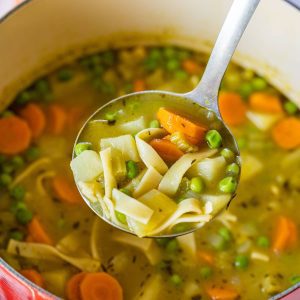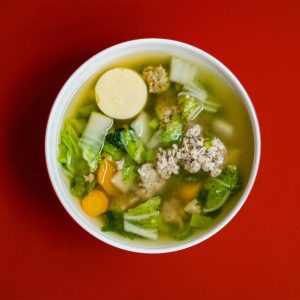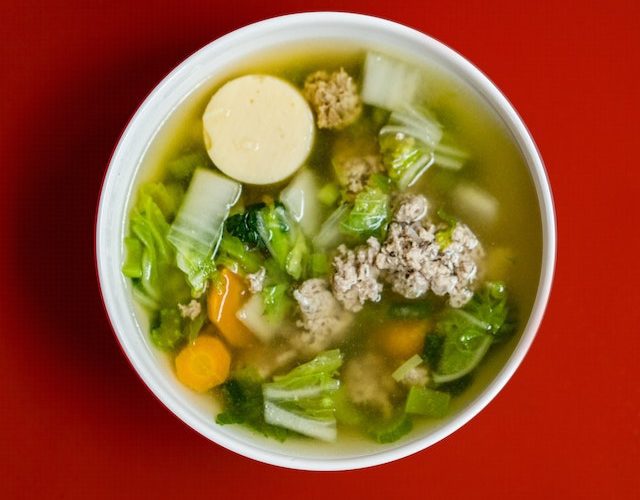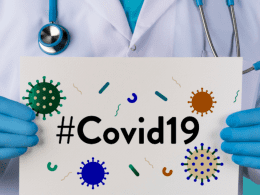The Cabbage Soup Diet, often hailed as a quick fix for shedding pounds, has been a popular diet plan for those looking to lose weight rapidly. It’s known for its simplicity, short duration, and the promise of significant weight loss. In this article, we will demystify the Cabbage Soup Diet, exploring what it is and how it works, along with its potential benefits and drawbacks.
Understanding the Cabbage Soup Diet
The Cabbage Soup Diet is a short-term, low-calorie diet designed to facilitate rapid weight loss. It typically spans seven days and revolves around the consumption of a specific homemade cabbage soup. This soup serves as the primary source of sustenance throughout the diet, although small amounts of other foods are allowed on certain days.

The Basic Cabbage Soup Recipe:
The ingredients for the basic Cabbage Soup Diet recipe are as follows:
- 6 large green onions
- 2 green peppers
- 1 or 2 cans of tomatoes (diced or whole)
- 3 carrots
- 1 container (10 oz) of mushrooms
- 1 bunch of celery
- 1 package of Lipton Onion Soup Mix
- 1 or 2 cubes of bouillon (optional for flavor)
- 1 head of cabbage
- 1 can of green beans (optional)
- 2 quarts of V8 juice (optional for flavor)
The soup is made by chopping the vegetables, adding them to a large pot, and simmering them for a specific period, usually around 45 minutes to an hour. The exact recipe and seasonings can vary, but the central idea remains consistent: a low-calorie, vegetable-based soup.
How Does the Cabbage Soup Diet Work?
The Cabbage Soup Diet is a week-long program, and each day typically features a different food group or set of foods alongside the cabbage soup. The daily plan may look something like this:
- Day 1: Cabbage soup, fruit (except bananas)
- Day 2: Cabbage soup, vegetables (no starchy vegetables), and a baked potato with a small pat of butter
- Day 3: Cabbage soup, a mixture of fruits and vegetables (no starchy vegetables)
- Day 4: Cabbage soup, up to eight bananas, and skim milk
- Day 5: Cabbage soup, lean protein (e.g., beef, chicken, or fish), and tomatoes
- Day 6: Cabbage soup, lean protein, and vegetables
- Day 7: Cabbage soup, brown rice, vegetables, and unsweetened fruit juice
The diet encourages dieters to consume as much cabbage soup as desired, typically without calorie restrictions. While the Cabbage Soup Diet allows for some variety with additional food items on specific days, the primary focus remains on the soup.
The Appeal of the Cabbage Soup Diet
The Cabbage Soup Diet has several factors that make it appealing to some individuals:
- Quick Weight Loss: The diet’s strict calorie restriction often leads to rapid weight loss, which can be motivating for those looking to see immediate results.
- Simple and Inexpensive: The ingredients for the cabbage soup are readily available and cost-effective, making it a convenient and budget-friendly option.
- Structured Plan: The diet provides a clear daily plan to follow, leaving no room for ambiguity.
Potential Benefits of the Cabbage Soup Diet
While the Cabbage Soup Diet is known for its short-term and rapid weight loss, it may offer other potential benefits:
- Introduction to Vegetables: The diet encourages the consumption of a variety of vegetables, which can be a positive change for those who typically consume fewer veggies.
- Caloric Deficit: The diet’s low-calorie nature creates a caloric deficit, the fundamental principle behind weight loss.
- Detoxification: Some proponents of the diet claim it can act as a detox, helping to flush out toxins from the body.
Drawbacks and Considerations
The Cabbage Soup Diet also comes with its share of drawbacks and considerations:
- Short-Term Results: The weight loss experienced on the Cabbage Soup Diet is primarily due to water loss and a caloric deficit. The pounds shed are often quickly regained once regular eating habits are resumed.
- Nutrient Deficiency: The diet lacks a balance of essential nutrients. It’s low in protein and healthy fats, and the absence of a variety of foods can lead to nutritional deficiencies.
- Limited Variety: The monotony of eating cabbage soup for a week can become tedious and challenging to maintain.
- Not a Sustainable Lifestyle: The Cabbage Soup Diet is not designed for long-term use, and its extreme calorie restriction is not sustainable for an extended period.

Photo by Cook Eat: https://www.pexels.com/photo/stew-with-meat-and-vegetables-placed-in-white-ceramic-bowl-772518/
In Conclusion
The Cabbage Soup Diet is a short-term, low-calorie diet plan that aims to facilitate rapid weight loss. While it may offer quick results and encourage the consumption of vegetables, it comes with several drawbacks, such as short-term weight loss, nutrient deficiencies, and limited variety. It’s crucial to consider these factors and consult with a healthcare professional before embarking on the Cabbage Soup Diet or any extreme diet regimen. As a long-term weight management strategy, a balanced and sustainable diet is recommended, focusing on whole foods, regular exercise, and overall well-being.












